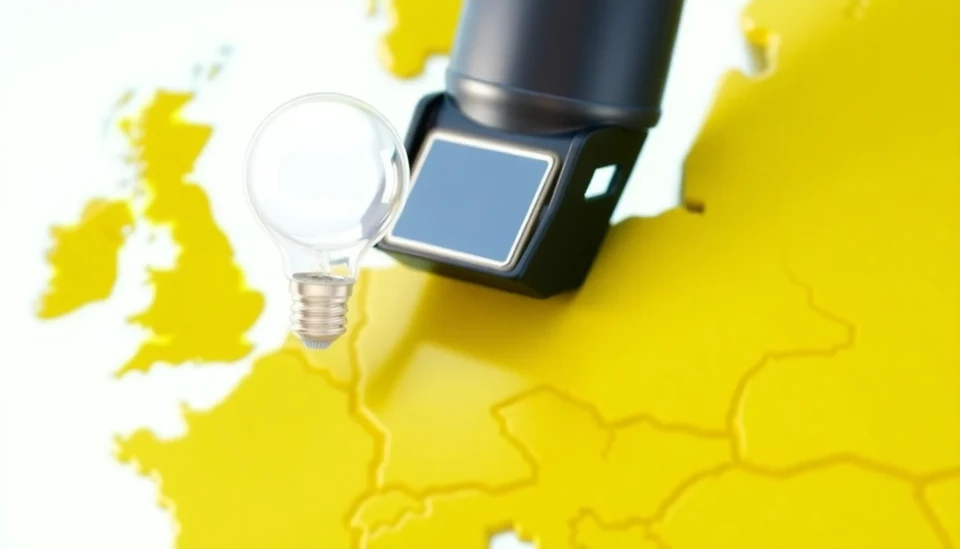
Germany is set to revolutionize its energy landscape, with initiatives aimed at significantly boosting green power generation expected to lead to reduced electricity prices by the end of 2026. This commitment to sustainable energy comes as the nation grapples with rising energy costs and seeks to fulfill its climate obligations. The country is driving forward with an aggressive expansion of its renewable energy infrastructure, primarily focusing on wind and solar power. Analysts predict that this substantial increase in green energy production will eventually translate into lower costs for consumers and businesses.
The German government, recognizing the dire need for energy transition, has been implementing policies that prioritize the development of renewable resources. The coalition government led by Chancellor Olaf Scholz is investing heavily in green technologies and incentivizing private investment in renewable energy projects. This initiative is not just a response to soaring prices but also an integral part of Germany's strategy to meet its ambitious climate targets by significantly reducing carbon emissions in the coming decades.
Recent reports indicate that Germany's energy pricing dynamics will shift as the share of renewables in the energy mix increases. The expectation is that as the green power sources become more plentiful and cheaper to harness, this will alleviate some of the financial burdens on consumers who have faced escalating energy bills in recent times. Furthermore, the expansion of electric vehicle (EV) usage, driven by a greater reliance on green energy, is also anticipated to play a key role in stabilizing and potentially lowering future energy prices.
Experts underscore the importance of ensuring a stable energy supply during this transition. Although there are challenges ahead, including the need for improved energy storage solutions to handle the intermittency of renewable sources, Germany’s commitment to enhancing grid infrastructure shows promise. Plans for energy storage and distribution upgrades are underway to support this transition effectively.
As Germany continues to innovate and navigate these changes, it sets a precedent for other nations exploring similar pathways in energy transition. The projected timeline for reducing energy costs aligns with Germany’s long-term climate goals, which aim for a significant reduction in greenhouse gas emissions. In doing so, Germany not only aims to fortify its energy security but also demonstrates leadership in global climate change efforts.
Analysts remain cautiously optimistic, suggesting that consumers may begin to feel the positive effects of this green power push by the end of 2026. In a time when climate change action is more urgent than ever, Germany's endeavors could very well serve as a model for other countries looking to pivot towards sustainable energy solutions.
As we observe these transitions in real-time, it will be crucial to monitor Germany’s progress, the effectiveness of its policies, and the tangible outcomes on energy prices and consumer confidence. The journey towards affordable green energy is just beginning, but the outlook is increasingly promising.
### Hashtags:
#Germany #GreenEnergy #RenewableEnergy #ElectricityPrices #ClimateChange #EnergyTransition
Author: Peter Collins




